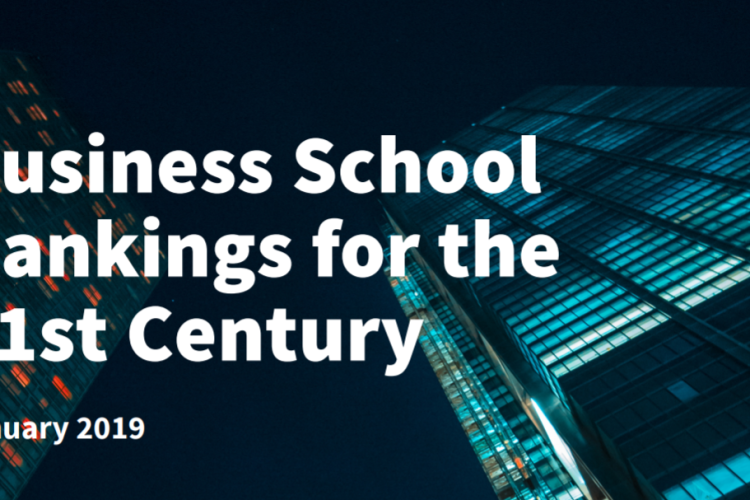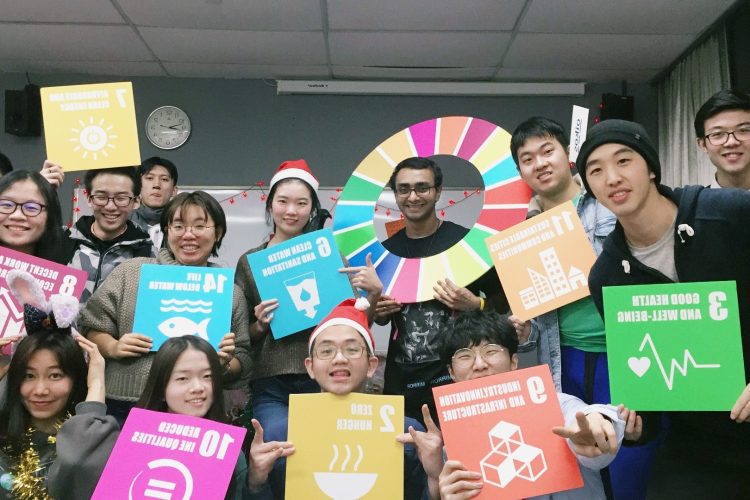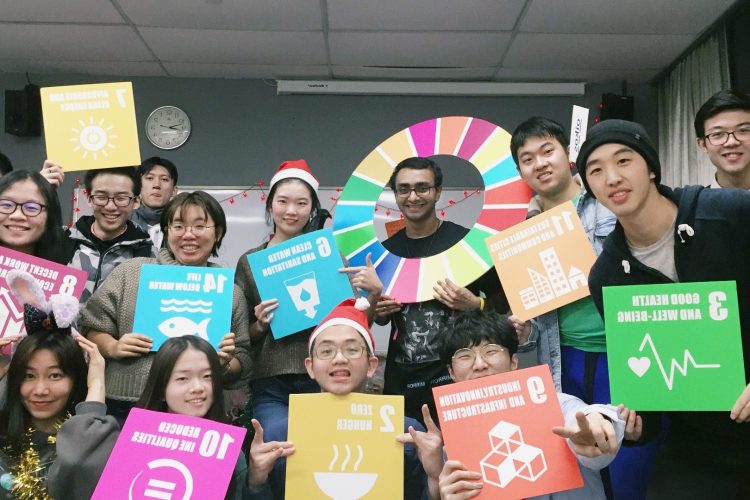Davos, Switzerland – A new report on business school rankings is being simultaneously launched in Davos and Shanghai, with business school deans to discuss the report in Davos on...
oikos Winter School 2019 will take place from 17th to 23rd March. As always, oikos Witten/Herdecke will host about 30 students from all over the world to discuss and...
Happy New Year! Every beginning is full of new opportunities and challenges. At oikos, we believe, in 2019 together with our chapter members, alumni, faculty and partners, we can...
About a year ago, the oikos Book “Anders wachsen! Von der Krise der kapitalistischen Wachstumsgesellschaft und Ansätzen einer Transformation” was published thanks to the efforts of oikos Leipzig. On...
In January, we welcome Haoyue Zheng and Adit Rastogi of oikos Suzhou to our monthly segment. They shared how oikos Suzhou came to life, what sustainability challenges are prevalent...




